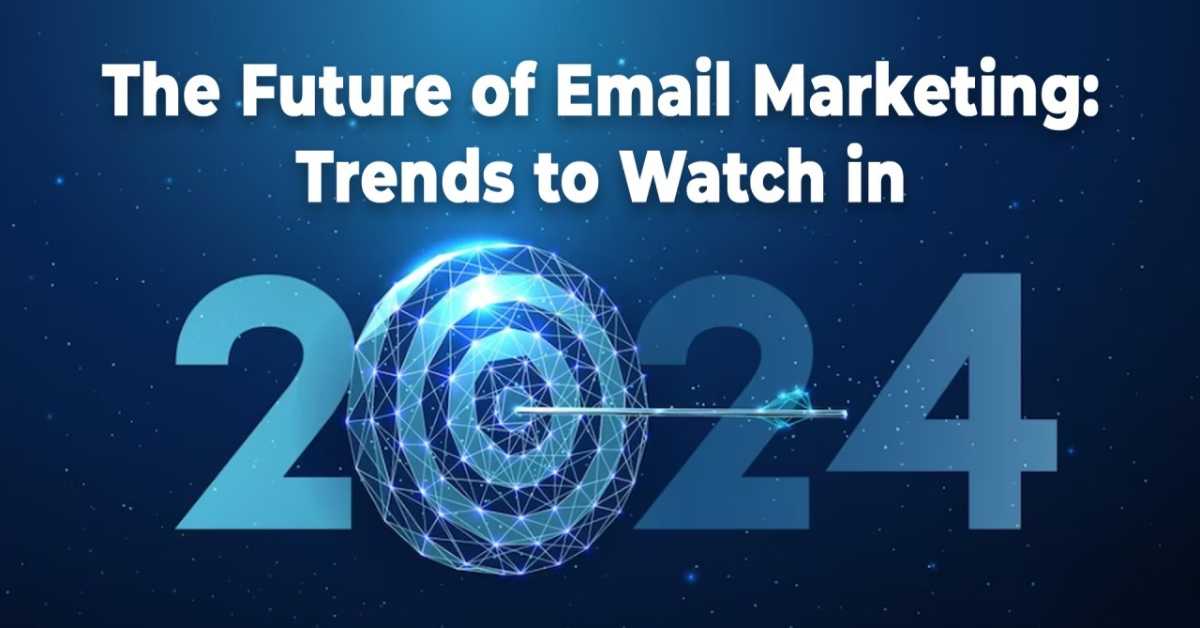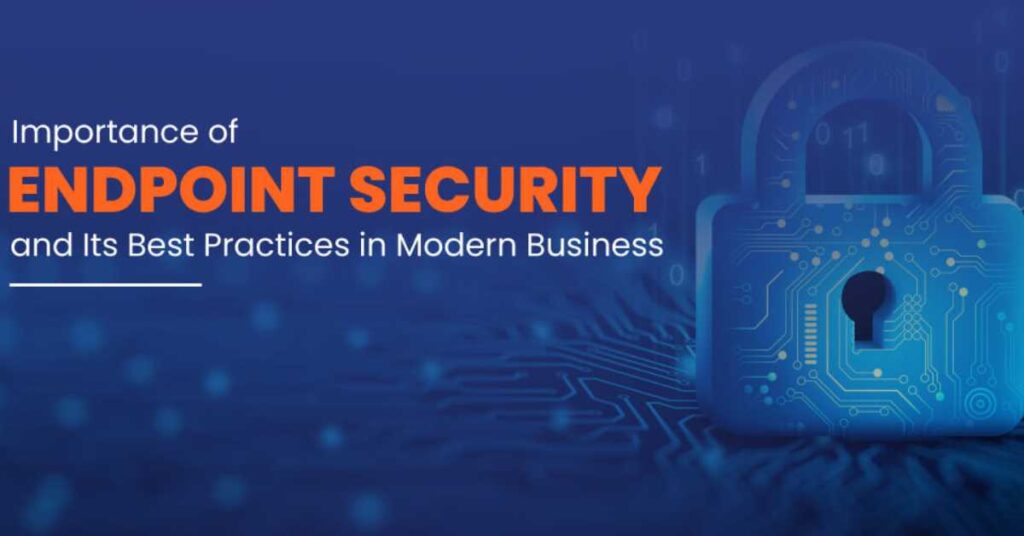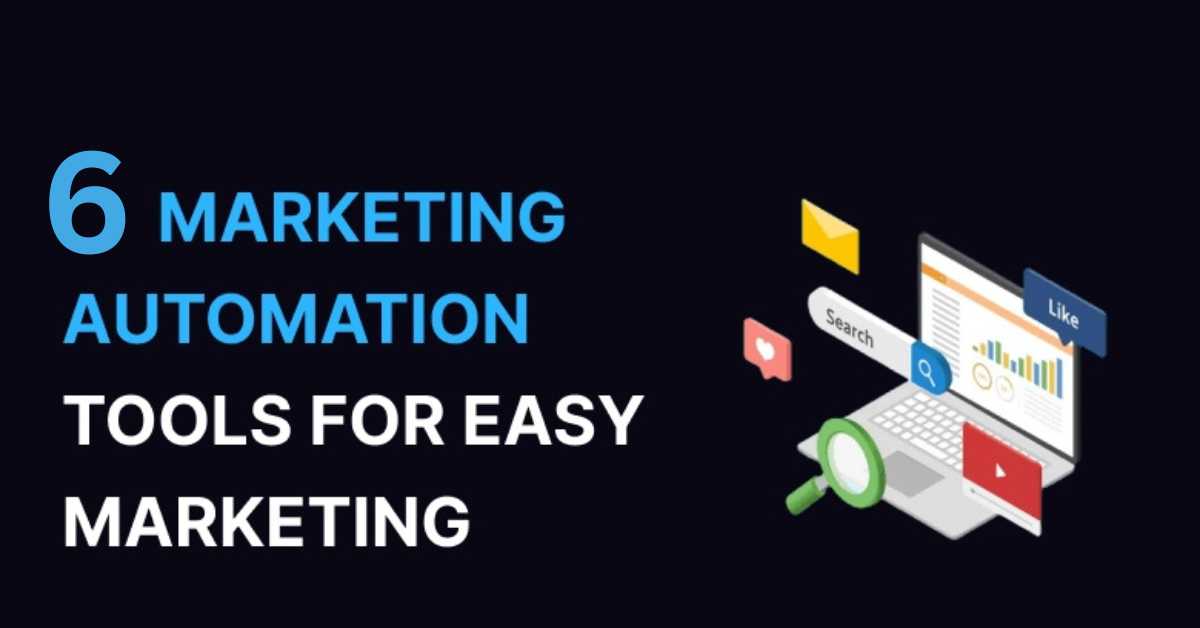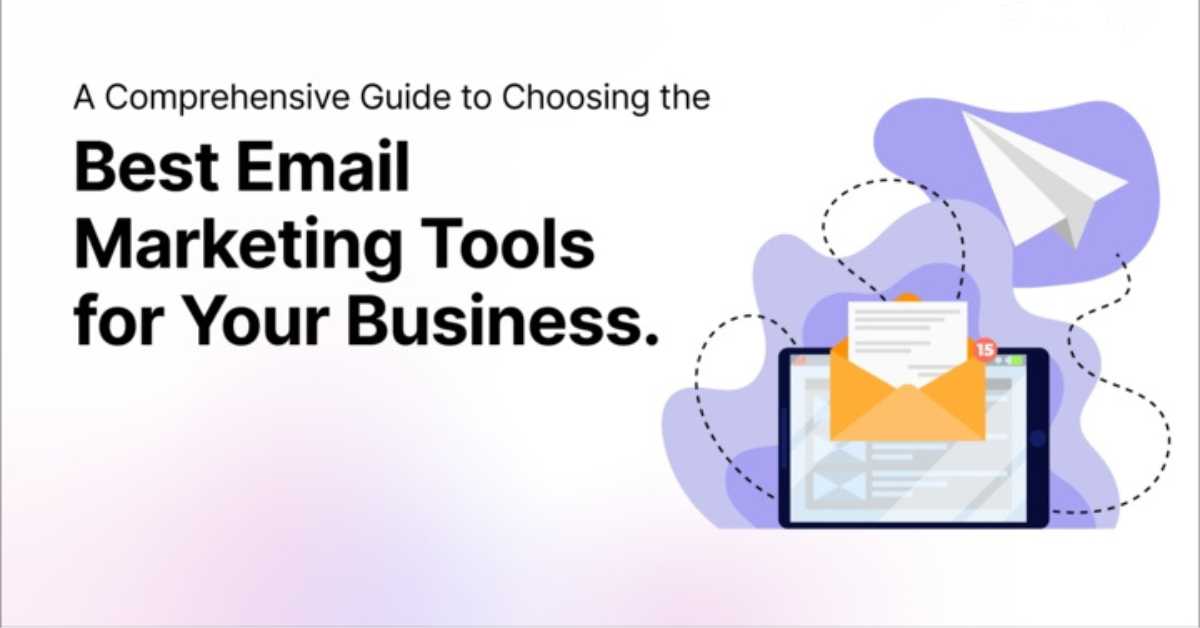Email: [email protected]


In today’s interconnected and mobile work environment, the modern workplace is more vulnerable than ever to cyber threats. With the proliferation of devices and networks, endpoint security has become a critical component of a comprehensive cybersecurity strategy. Laptops, smartphones, tablets, and other mobile devices are potential entry points for threats, making their security essential for protecting sensitive data and preventing costly breaches.
As the number of endpoints continues to grow, so does the attack surface, making endpoint security a top priority for organizations of all sizes. Without robust endpoint security measures in place, businesses risk exposure to malware, ransomware, phishing, and other types of cyber attacks. This article explores the top 10 reasons why endpoint security matters, including:
Protection from cyber attacks is a primary benefit of endpoint security. Cybercriminals use various tactics to target endpoints, including phishing, social engineering, and malware attacks. Endpoint security solutions detect and prevent these threats in real-time, reducing the risk of a successful attack. Advanced threat detection, anti-virus software, and firewalls work together to identify and block malicious activity.
Endpoint security also patches vulnerabilities, reducing the attack surface. By protecting endpoints, organizations prevent data breaches, financial loss, and reputational damage. Effective endpoint security is essential for staying ahead of cybercriminals and safeguarding sensitive information.
Securing a remote workforce is a critical aspect of endpoint security. With employees working from anywhere, endpoints are exposed to various risks, including unsecured networks, public Wi-Fi, and personal devices. Endpoint security solutions ensure that remote devices are secure, encrypting data and enforcing access controls. They also provide visibility into device activity, detecting potential threats.
Additionally, endpoint security enables organizations to implement consistent security policies across all devices, regardless of location. By securing remote endpoints, organizations can confidently support flexible work arrangements, boost productivity, and protect sensitive data from cyber threats.
Data protection is a vital aspect of endpoint security, as endpoints are a primary entry point for data breaches. Endpoint security solutions ensure that sensitive data is protected from unauthorized access, theft, or damage. This includes encryption, access controls, and data loss prevention measures.
Endpoint security also enables organizations to implement data encryption, secure file sharing, and backups, ensuring that data is secure both in transit and at rest. By protecting data at the endpoint, organizations can prevent data breaches, meet compliance requirements, and maintain customer trust. Effective data protection is essential for safeguarding sensitive information.
Compliance requirements are a key consideration for endpoint security. Various regulations, such as GDPR, HIPAA, and PCI-DSS, mandate robust endpoint security measures to protect sensitive data. Organizations must implement specific controls, like encryption, access controls, and auditing, to meet these requirements. Endpoint security solutions help organizations comply with these regulations, reducing the risk of fines and reputational damage.
By implementing endpoint security, organizations can demonstrate compliance, pass audits, and maintain customer trust. Staying compliant is essential for avoiding legal and financial consequences, making endpoint security a critical aspect of regulatory adherence.
Reduced downtime is a significant benefit of endpoint security. Cyber attacks and malware infections can lead to extended downtime, resulting in lost productivity, revenue, and reputation. Endpoint security solutions detect and respond to threats in real-time, preventing or minimizing downtime.
By preventing attacks, organizations can avoid the costs associated with downtime, including IT remediation, data recovery, and lost employee productivity. Additionally, endpoint security enables organizations to quickly recover from attacks, reducing the mean time to recover (MTTR) and getting systems back online faster. This leads to cost savings, improved efficiency, and enhanced business continuity.












To provide the best experiences, we and our partners use technologies like cookies to store and/or access device information. Consenting to these technologies will allow us and our partners to process personal data such as browsing behavior or unique IDs on this site and show (non-) personalized ads. Not consenting or withdrawing consent, may adversely affect certain features and functions.
Click below to consent to the above or make granular choices. Your choices will be applied to this site only. You can change your settings at any time, including withdrawing your consent, by using the toggles on the Cookie Policy, or by clicking on the manage consent button at the bottom of the screen.
